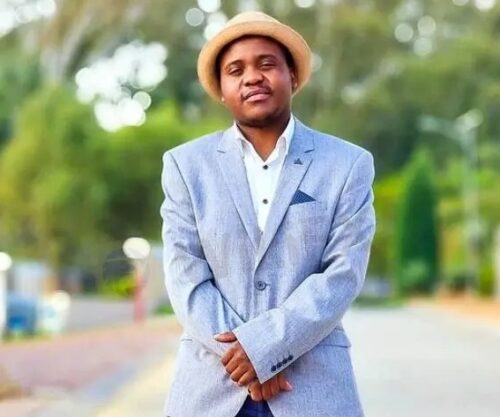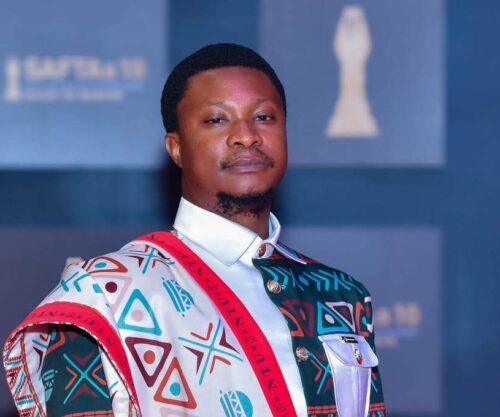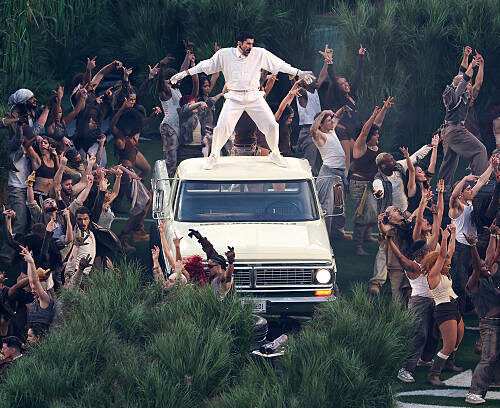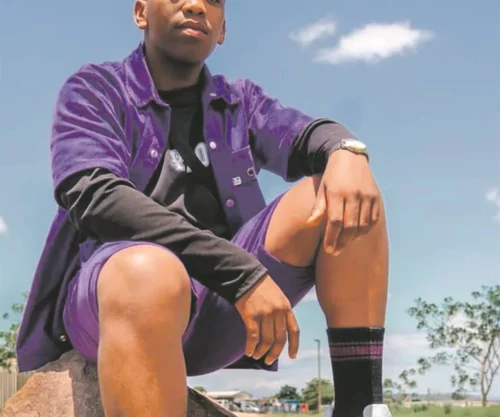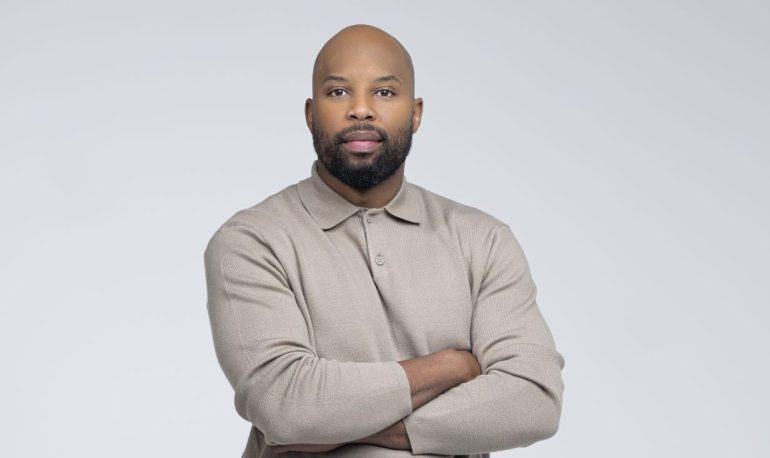
A Golf Legend’s Provocative Comment
When legendary golfer Gary Player stepped to the microphone as part of his 90th-birthday celebration, his words sparked more than applause. In a public address, he suggested that Julius Malema—leader of the Economic Freedom Fighters (EFF)—could become South Africa’s next president if he adopted the same kind of leadership and spirit of reconciliation embodied by Nelson Mandela.
The Broadcaster’s Measured Response
Enter Sizwe Dhlomo, veteran broadcaster and social-media voice. In a post reacting to Player’s statement, Dhlomo acknowledged that Malema “could have been president” but added that whether he still can is “yet to be seen.” His measured tone contrasts with the strident certainty of many commentators, offering a more reflective viewpoint on a topic that often sparks polarised reaction.
A Nation Chimes In
Social media lit up almost immediately. Some netizens argued Malema’s moment has passed, while others held out hope for a future pivot. One user declared he had “fumbled his chance,” while another predicted his highest achievable office now might be deputy president—if that. There were calls for Malema to embrace diplomacy, to temper his fiery rhetoric with gentler leadership if he hopes to appeal more broadly.
What’s the Bar for the Presidency?
In South Africa’s post-democracy era, becoming president demands more than charisma and populist appeal. It’s about coalition-building, bridging divides, and shaping policy in ways that unite rather than polarise. Mandela’s legacy is complex—not simply tolerance but a deep focus on healing. Player’s suggestion picks up on that: the idea that Malema has the raw ingredients—experience, presence, influence—but perhaps not yet the full suite of traits that traditionally mark a head of state in South Africa.
A Leadership Moment or a Missed Opportunity?
Dhlomo’s phrase “could have been” is telling. It implies not only possibility but also fragility. In a political landscape shifting fast, with new parties and voter sentiments reshuffling allegiances, Malema’s path to the presidency is neither assured nor linear. Instead, it looks uncertain. That’s the fresh twist here—rather than framing it as a yes or no, this moment invites a question: Is Malema changing enough and fast enough to stay in the game?
I don’t know about Mandela’s approach but Julius could have been president. Whether or not he still can, remains to be seen. https://t.co/wwqmqR3NQO
— Sizwe Dhlomo (@SizweDhlomo) November 4, 2025
Why This Matters for Mzansi
For many South Africans, the idea of who sits in the Union Buildings matters for more than who wins ballots. It reflects how the nation understands itself, its priorities, and its direction. When figures like Player and Dhlomo join the conversation, it reminds us that leadership debates are not just political but cultural. They touch on legacy, identity, and the sort of future we choose to make.
If Malema still hopes for the top job, the real work begins now. It’s about more than slogans or rallies. It’s about demonstrating a brand of leadership that looks forward rather than just backwards. In that sense, Sizwe Dhlomo’s cautionary “remains to be seen” may be the most pointed prediction of all.
Source: Briefly News
Featured Image: KAYA 959

